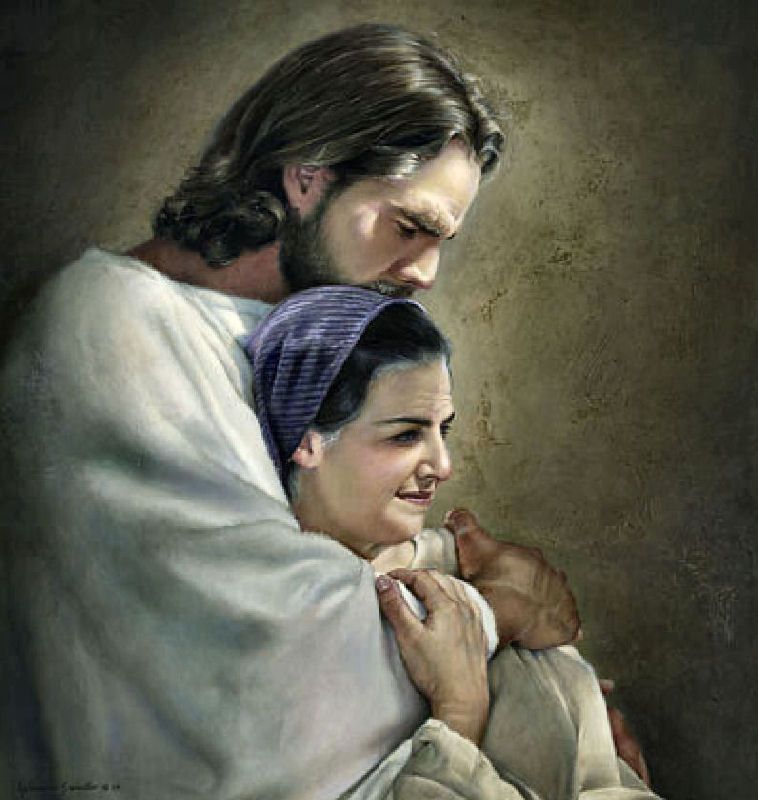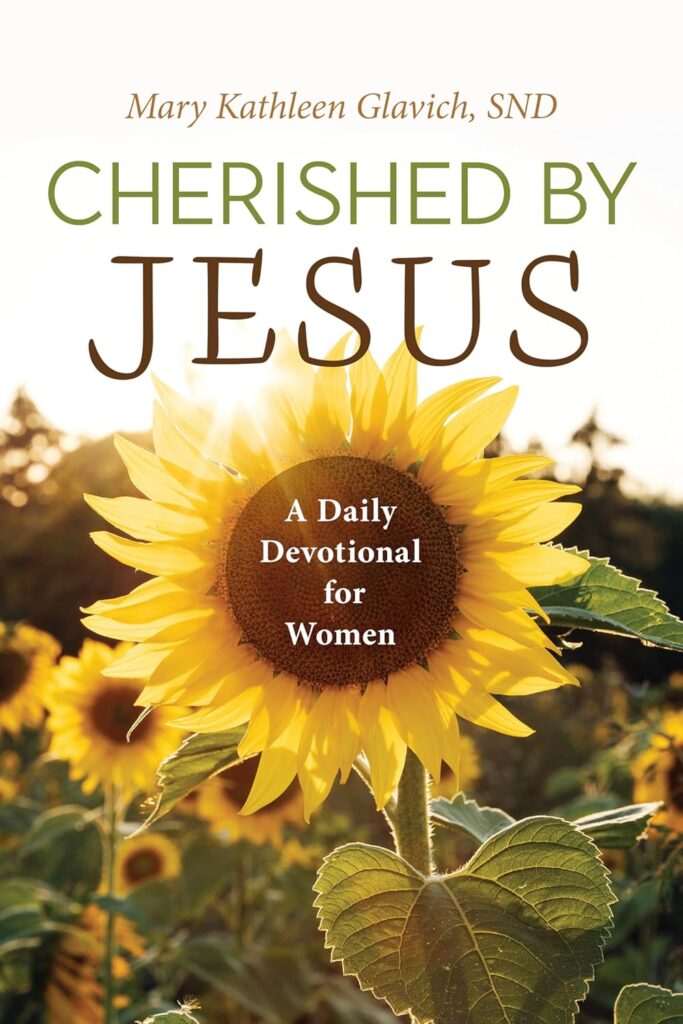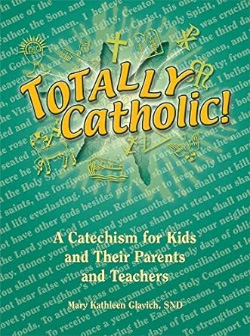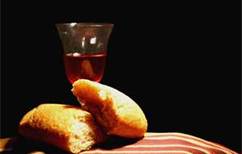 In view of Sunday’s Solemnity of the Most Holy Body and Blood of Christ (Corpus Christi), an excerpt from my upcoming book, “I am going . . .” Reflections on the Last Words of the Saints is fitting:
In view of Sunday’s Solemnity of the Most Holy Body and Blood of Christ (Corpus Christi), an excerpt from my upcoming book, “I am going . . .” Reflections on the Last Words of the Saints is fitting:
A teacher was taking her little ones to chapel to visit Jesus. As they passed classrooms, she warned, “Be quiet, so quiet that even Jesus won’t know we are coming.” As the children filed into the chapel, one girl cried out, “Surprise!”
When you think about it, we Catholics believe something incredible: that bread and wine become God. It is difficult enough to take on faith that God became a human baby and that the divine body at one time was a mutilated corpse. But furthermore, we believe that at every Mass inanimate objects become God. That is the depth of God’s love for us. Love does foolish things. How often people say, “I love you so much I could eat you up.” God literally lets us “eat him up.” By becoming our food and drink, God becomes one with us, closer than anyone else could ever be. Each Mass is a wedding, a celebration of the union of divinity and humanity.
Our faith in the Eucharist is firmly entrenched in Scripture and Tradition. At his last supper, Jesus took some bread and said, “This is my body,” and then he held a cup of wine and claimed, “This is my blood.” Some faith traditions hold that these words were merely symbolic. But then how explain what happened on the day Jesus foretold the Eucharist? He declared, “Those who eat my flesh and drink my blood have eternal life, and I will raise them up on the last day; for my flesh is true food and my blood is true drink” (John 6:54–55). Jewish listeners, who drain blood from meat, were appalled by what sounded like cannibalism. Many people quit following Jesus, yet he didn’t recant or even soften his words. He really meant them.
For some two thousand years, Catholics have taken the words of Jesus at face value. Still, how easily we let our Communions become routine and stale, forgetting what an astounding miracle they are. We might even fail to take advantage of this gift. As St. Augustine wistfully noted, “Christ is the bread, awaiting hunger.”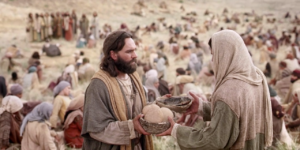
Nourished by this holy bread and wine, we are sent to be bread (life) for others. We might take to heart what St. Teresa of Kolkata told her sisters, “Let the people eat you up.”
For whom can you be “bread” this week?
(NOTE: The contest is still going on. Be the 100th person to email me at [email protected]. Write only your name and you might win a copy of my latest book, Praying on Empty.)
Be aware that each time we pray the Our Father we ask for our daily bread. One interpretation of this is that we are asking for the Eucharist.
For a unique presentation on the Eucharist . . .

